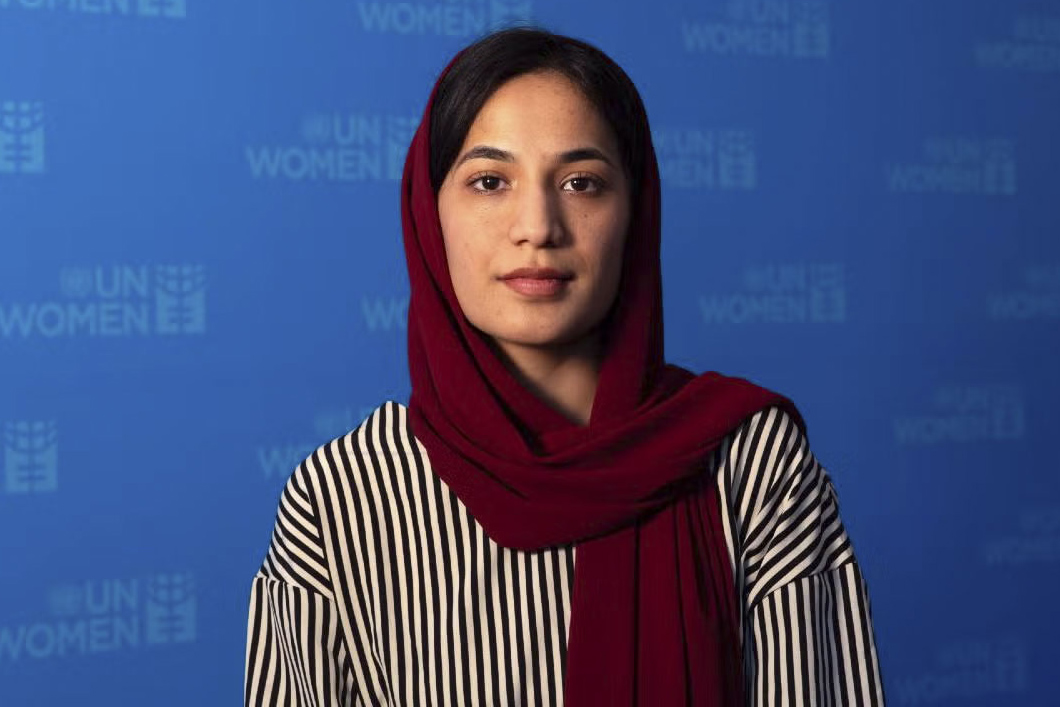Loti Kubuya Mielor, a midwife supervisor in Goma, Democratic Republic of Congo, vividly recalls a critical moment on January 2, 2023, when a woman gave birth to quadruplets under his supervision and subsequently experienced severe postpartum hemorrhage. Thanks to Loti's decisive actions and swift administration of medication within seven minutes, he stabilized the mother, preventing a life-threatening situation. Two years later, he still carries photos of the quadruplets on his phone. Midwives play an essential role in crises, often being the first and only care providers for pregnant women and newborns facing complications. In conflict-affected regions like eastern DRC, maternal and neonatal mortality risks can double due to disrupted health systems and limited access to vital services.
Health Interventions
Held every May 5, let's remember, it might be gloves but it's always hand hygiene.
PAHO/WHO urges preparedness for potential DENV-3 outbreaks in the Americas, emphasizing early diagnosis, timely care, and preventing severe cases and deaths.
UNRWA's psychosocial support is helping children in Gaza, like Amir, rediscover hope, laughter, and friendship amid the devastation of war.
Measles is a deadly but preventable disease that still kills over 100,000 children each year, mostly in low-income countries. While vaccines have nearly eliminated it in wealthy nations, poor access and weak health systems keep it a major global threat.
Maternal health is a critical global issue, most of which are preventable with timely, skilled care. Although progress has been made, inequalities persist, particularly in fragile and humanitarian settings, requiring urgent action to ensure universal access to quality maternal health services as part of the Sustainable Development Goals.
Maternal health is a critical global issue, most of which are preventable with timely, skilled care. Although progress has been made, inequalities persist, particularly in fragile and humanitarian settings, requiring urgent action to ensure universal access to quality maternal health services as part of the Sustainable Development Goals.
Conflict is driving a growing mental health crisis for women, yet access to care remains scarce despite soaring needs and alarming statistics.
Families and people with Down syndrome need support to live and be included in the community, like everyone else. But today, many people with Down syndrome around the world don't get the support they need. Many countries do not have support systems that meet the needs of people with disabilities and their families. Or the support systems they have do not respect the human rights of people with disabilities. This World Down Syndrome Day (21 March), join us to ask our governments to make sure there is a support system, so people with disabilities are included in the community.
The ADB-HEAL project, supported by UNOPS, has installed over 45 CT scans, trained 800 healthcare workers, and delivered vital equipment to improve healthcare accessibility and resilience in the Philippines.
The Pan American Health Organization (PAHO) and Global Affairs Canada (GAC) have partnered to eliminate trachoma as a public health problem in the Americas, with efforts running from 2023 to 2027.
In Bolivia, rapid trachoma assessments are being conducted in the Amazon basin, Chaco, and Cochabamba Tropics, where teams travel by river and on foot through dense jungles to reach indigenous communities.
International Organization for Migration’s mobile clinic in Port-au-Prince offers essential healthcare to over 5,000 displaced individuals, amidst ongoing gang violence and instability.
The World Health Organisation reports a 38% decline in global drowning deaths since 2000 but stresses the need for continued action to prevent over 300,000 annual deaths.
Strengthening Noncommunicable Diseases services integration in primary health care improves access, diagnosis, and treatment.
In Yemen's critical healthcare crisis, The United Nations Office for Project Services (UNOPS) and KfW are enhancing services by training 243 healthcare workers, empowering them to provide life-saving care amidst significant resource challenges.







